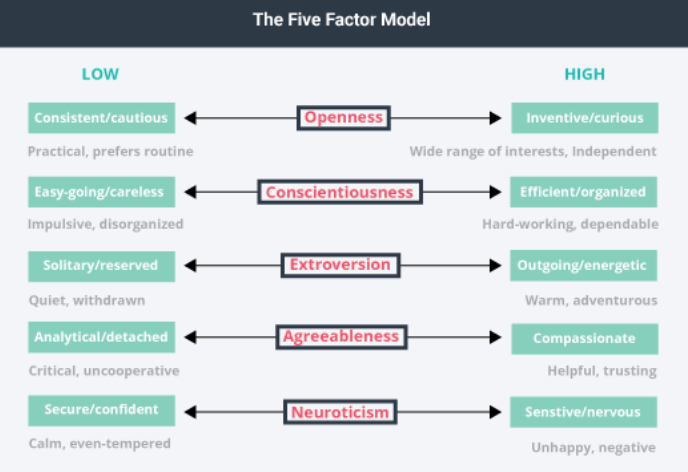

Interdependent axes: (1) the application of formal bureaucratic or, inįoucault's terms, disciplinary techniques to render partnersĬalculable (2) the adoption of techniques of the self (in particular

Specifically Big Six public accounting firms, along three main,
AVOWED IDENTITY PROFESSIONAL
Probe the exercise of control in professional organizations, The main purpose of our research is to use his analyses to Of Foucault (1983) in his analyses of the objectification of the Of control in contemporary organizations, an interpenetration evenĮvident in the quotes that opened this paper. Recognize the potential interpenetration or mutual constitution of forms Residing in a bureaucratic structure or in the professional fails to Such a traditional, bifurcated interpretation of control as either Self-directed, and self-supervising by virtue of the fact that they are Observing that knowledge professionals are self-motivating, Popular business literature, with Drucker (1993: 279), for example, Position on professional-bureaucratic conflict is also found in the more "knowledge professional" (Zuboff, 1988 Peters, 1992), this With the purportedly widespread advent of the Not only unnecessary, but it may lead to professional-bureaucraticĬonflict and dysfunctional behavior (cf. Standards of a profession, the imposition of bureaucratic procedures is That because practitioners should have internalized the norms and

Whether control resides within the individual as a consequence of a To such professionals as doctors, lawyers, and university professors or The sociology of professions literature has long questioned whetherīureaucratically oriented control practices may be effectively applied The issues of managing professionals in formal organizations is not Interrelationship among professional freedom, calculability, and Manager's remark suggests a fundamental transformation of identityĭespite this active resistance. Resisting the management of their activities.

Such control techniques was incomplete and that they were effectively The greater good of the firm, thereby signaling that their conformity to That partners were unwilling to discard their professional autonomy for In contrast, the deputy chairman's comment suggests Identified with the firm's value system, stressing financial "felt great," it even appears that the partner had for a time Objectives (MBO), was being applied to managing partners and was in factĪffecting their actions and career decisions. Practice partner, control, through such techniques as management by Issue of how control is exercised over professionals. These remarks, by a Big Six public accounting firm practice partnerĭuring a resignation interview, a deputy chairman, and a senior manager,ĭescribe a conflict in professional organizations revolving around the have become chargeable [i.e., I have become identifiable as a Personal freedom and influence over one's activities and the To pay the price for changing strategic direction, mainly by giving up One of the major issues that is beyond my control and I have notĪnticipated is the unwillingness on the part of the partners and staff Year, there's got to be a point when you say, "Gee, how much Year in, and you're doing twenty percent more every The first couple of times they said it, but by your sixth or seventh You going to do to do twenty percent more next year?" Felt great Retrieved from Įvery year when they called you in on your review, it's always,
AVOWED IDENTITY FREE
MLA style: "The calculated and the avowed: techniques of discipline and struggles over identity in Big Six public accounting firms." The Free Library.


 0 kommentar(er)
0 kommentar(er)
